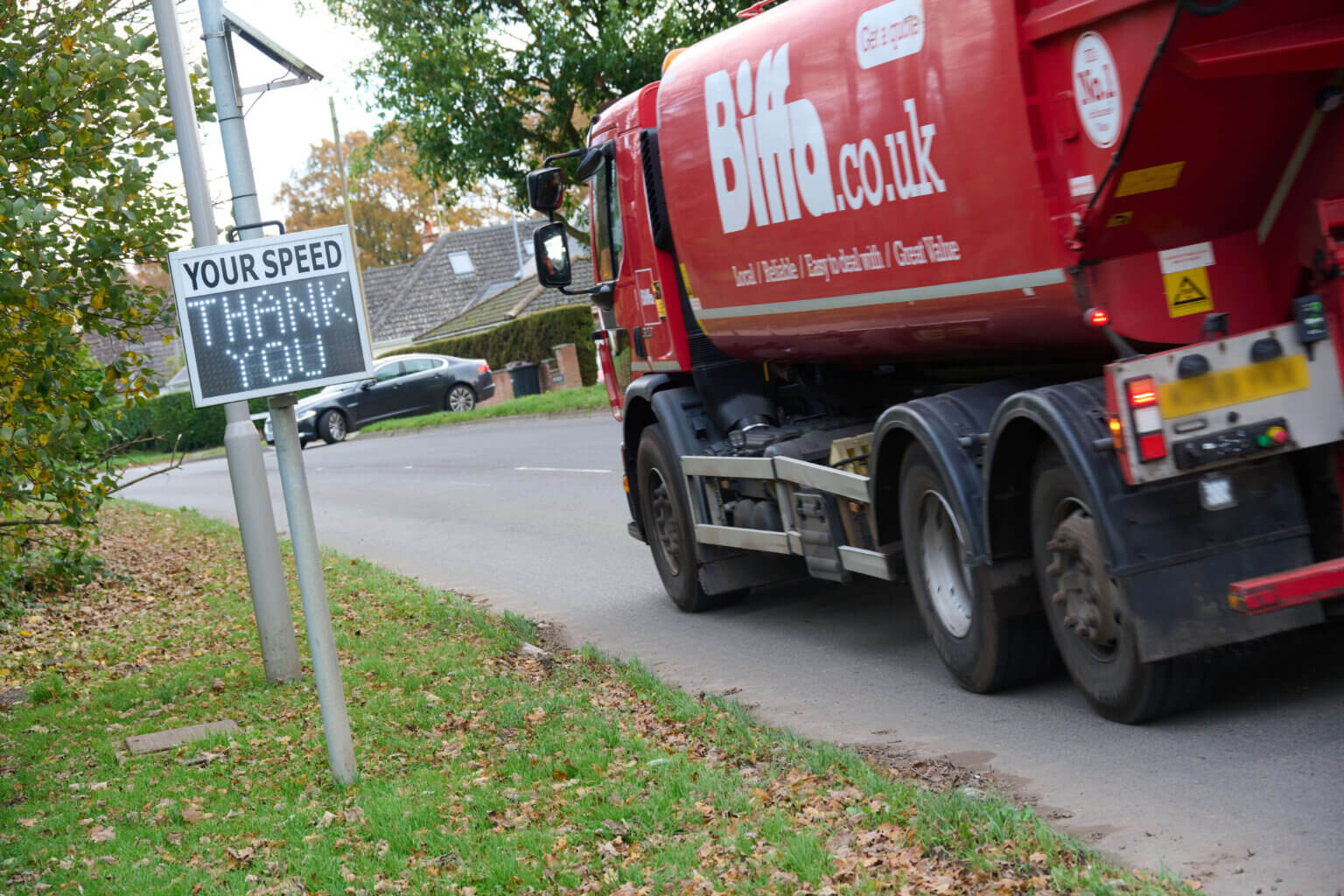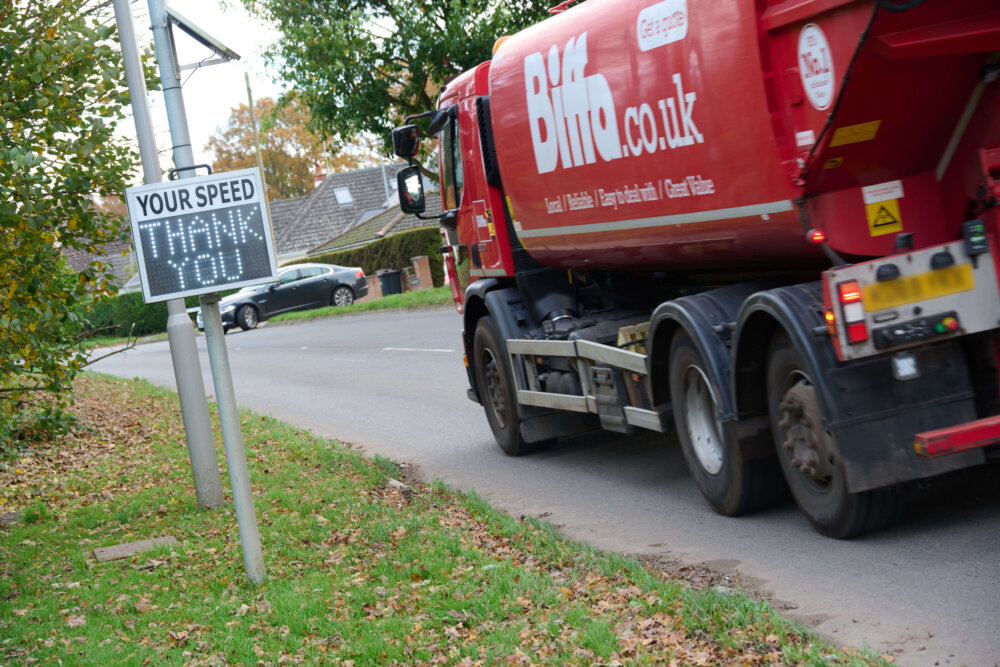About the course
This FORS Professional course helps professional drivers minimise the environmental impact of heavy goods vehicles by reducing emissions using fuel-efficient driving techniques, cleaner vehicles, and alternative fuel technologies. Available as a private Driver CPC course for up to 15 people online and 20 in-person. A 3.5 hour course is also available if only FORS accreditation is required.
Topics include:
- Journey planning and vehicle checks
- Fuel-efficient driving techniques
- Value of vehicle design and technology
- Monitoring, measuring and managing driving performance
- Alternative fuels in commercial vehicles
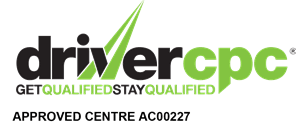
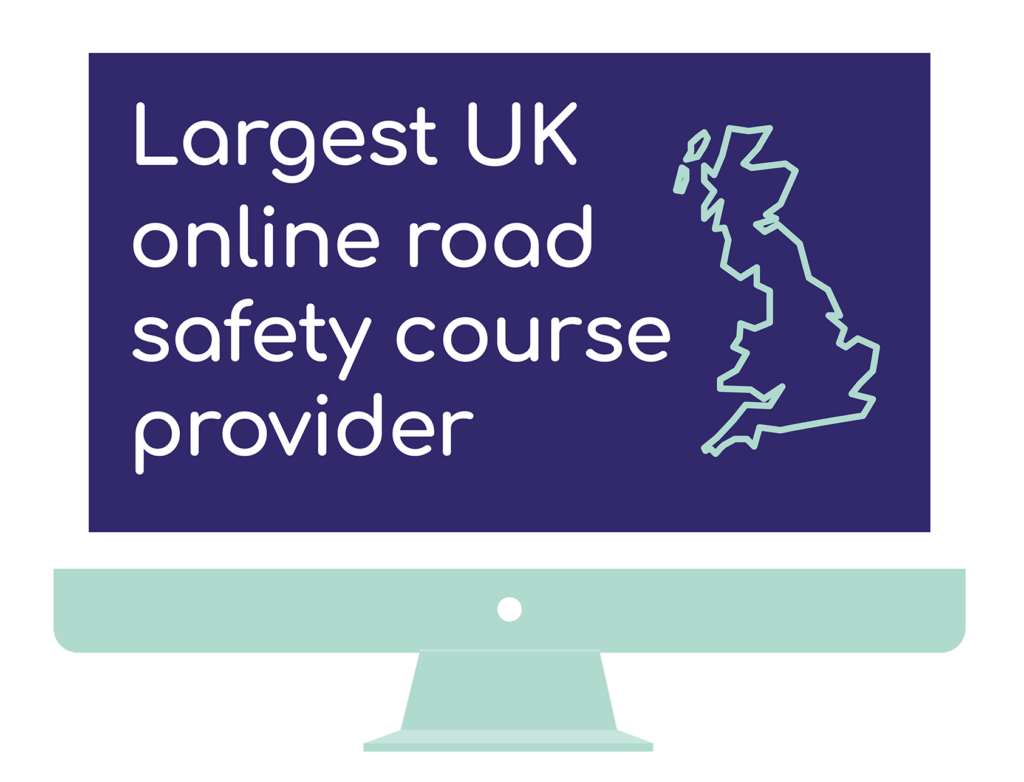
At a glance:
Duration: 7 hours
Format: Classroom or Online
Suitable for: All professional licences (C1, D1 C1E, D1E C, D CE & DE)
DVSA CPC syllabus areas:
3.5 Ability to assess emergency situations



Learning outcomes

Reducing fuel & emissions to improve air quality

The value of journey planning, checks & maintenance

Using in-vehicle technology to improve driving

The alternative fuels for commercial vehicles
Why attend FORS Professional LoCITY Driving
FORS Professional LoCITY Driving supports operators in tendering for business or meeting contractual obligations where WRRR (Work Related Road Risk) and the FORS best practice standard is required.
The FORS Professional course is Driver CPC accredited and is designed to help fleet operators improve road safety, driver and vehicle performance, air quality while increasing levels of regulatory compliance. Our experienced driver trainers fully engage with participants to maximise the learning experience and draw out their views and opinions.
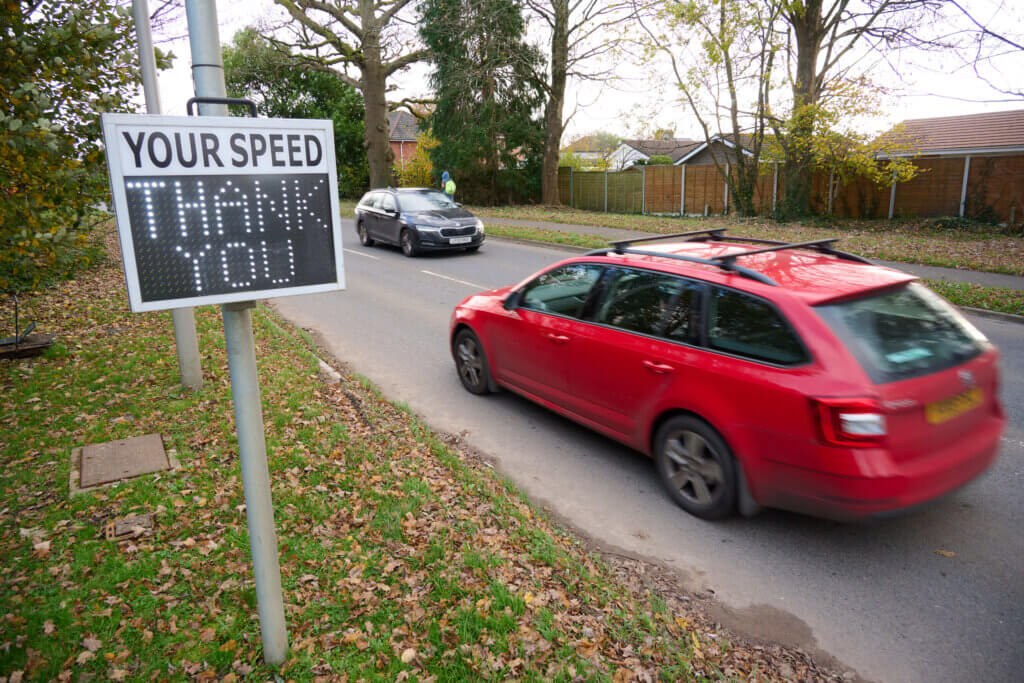
Your questions answered
Who should attend?
Any professional driver who needs to complete 35 hours of periodic training every 5 years in order to maintain their Driver Certificate of Professional Competence (CPC).
Delivery method
The FORS Professional LoCITY Driving course is accredited by DVSA for Driver CPC and facilitated by an experienced Driver CPC trainer.
It is available as a private Driver CPC course for up to 15 people online and 20 in-person.
A 3.5 hour course is also available for learners who only require FORS accreditation.
Learning outcomes
Following this module drivers will understand:
- Strategies required to reduce fuel use, emissions and improve air quality
- How good journey planning, vehicle checks, and maintenance can reduce emissions
- How to apply fuel-efficient driving techniques designed to improve efficiency
- The value of vehicle design and technology
- How in-vehicle technology improves driving performance
- Alternative cleaner fuels that are available for commercial vehicles
Identification requirements
A photocard driving licence and Driver Qualification Card must be presented when attending the course.
